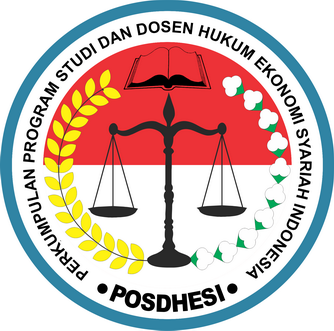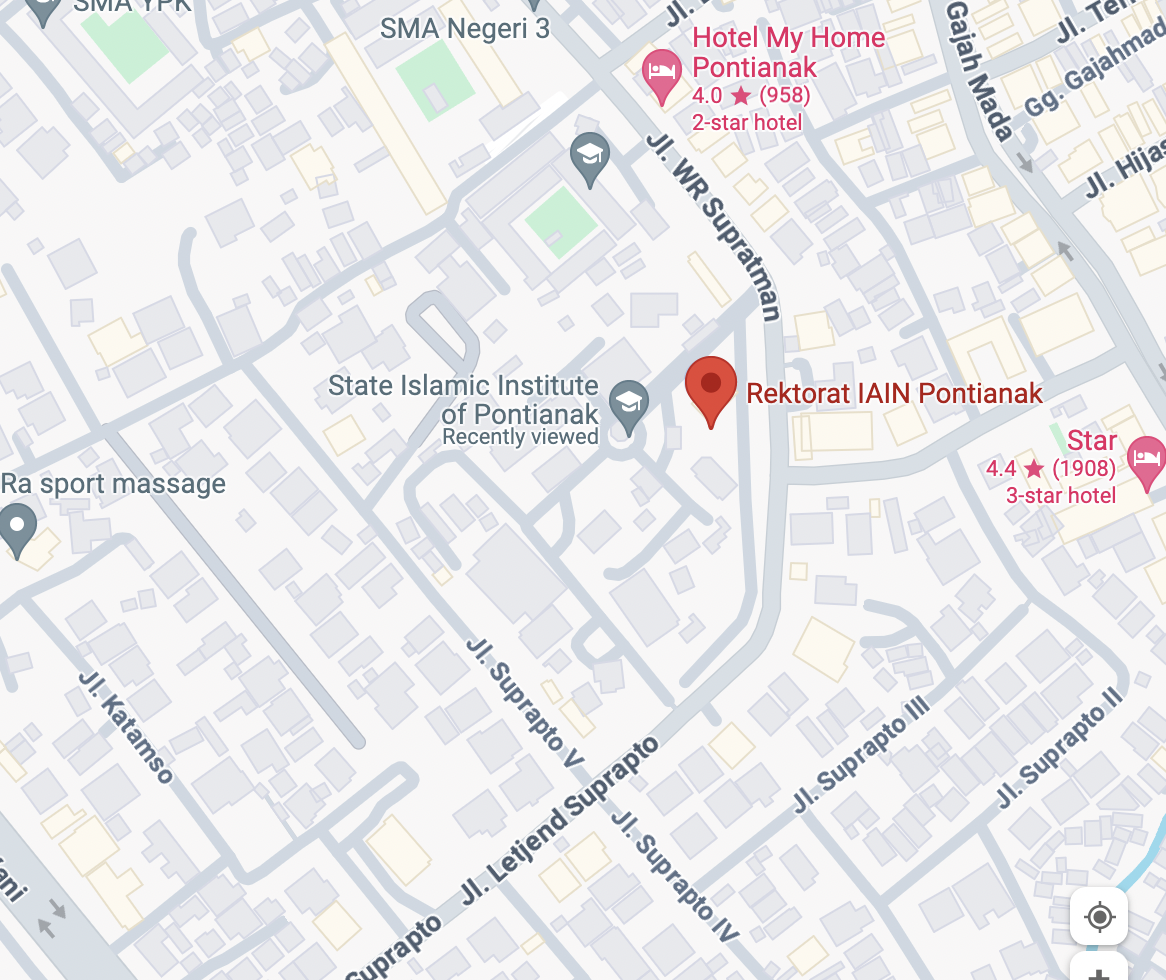AKTA PERDAMAIAN PUTUSAN NOMOR 1/Pdt.G.S/2019/PA.Ptk DI PENGADILAN AGAMA PONTIANAK TINJAUAN KOMPILASI HUKUM EKONOMI SYARIAH
DOI:
https://doi.org/10.24260/al-aqad.v2i1.589Keywords:
Deed, KHES, Religious Court, ShulhuAbstract
The purpose of this study is to explain the construction of the settlement deed in the sharia economic case in decision Number 1/Pdt.GS/2019/Pa.Ptk was registered at the Pontianak Religious Court on 27 August 2019. The research questions are 1) What is the content of the deed in the Decision of the Religious Court in case Number 1/Pdt.GS/2019/PA.Ptk? 2) What is the legal construction of the case decision Number 1/Pdt.G.S/2019/PA.Ptk? 3) And what are the implications for the concept of peace in the Sharia Economic Law Compilation (KHES)? This research method is qualitative with a juridical-normative approach. The main source of data was obtained from the peace deed No. 1/Pdt.G.S/2019PA.Ptk was analyzed using the content analysis method. Furthermore, these findings were strengthened and confirmed through interviews with judges at the Pontianak Religious Court. The secondary data is the Sharia Economic Law Compilation (KHES) and various opinions of Islamic jurists on peace. The conclusions of this study are 1). The judge did not refer directly to the shari'a arguments to decide the case of the peace deed. 2). As a result, the judge's decision on the peace deed does not show an important difference with the judge's decision in the District Court. 3). The judge did not use the Sharia Economic Law Compilation (KHES) as one of his basic considerations in explaining the meaning and mechanism of peace in Islam. This research argues that this peace deed does not fully refer to sharia sources, but tends to agree with what has been determined by the litigants. However, this peace deed is following the norms of Islamic law regarding treaties, namely that all Muslims are bound by the agreements they made.






